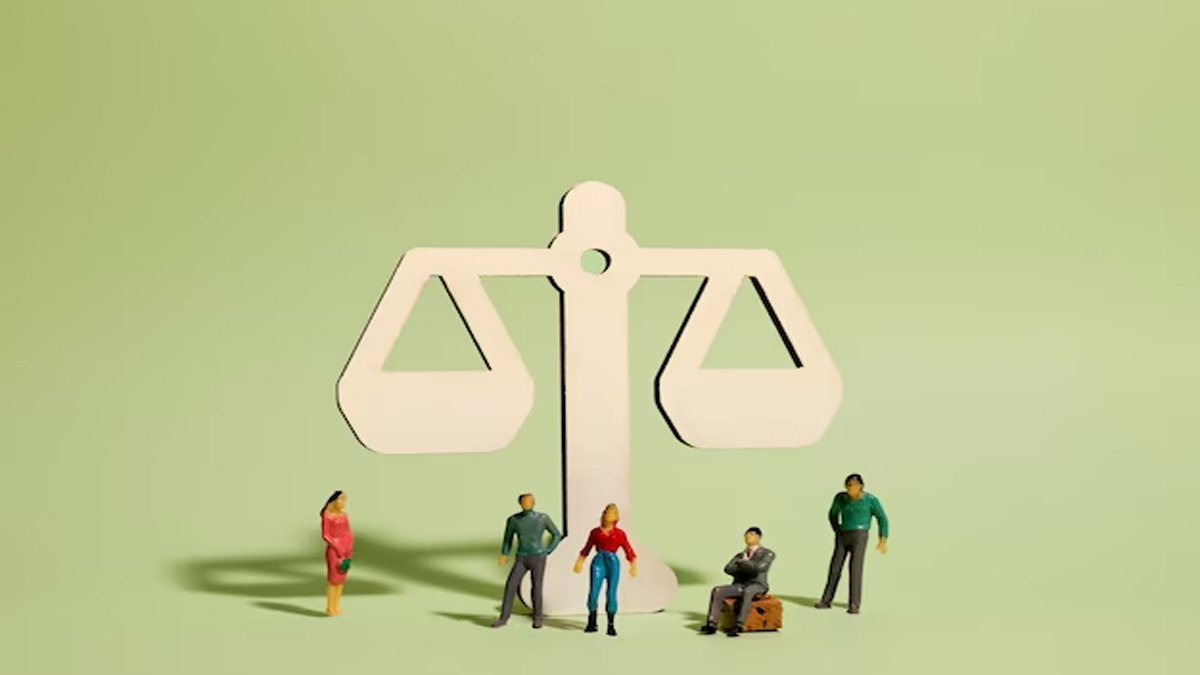Fundamental Rights Guaranteed by the Indian Constitution:
The Indian Constitution, adopted on January 26, 1950, guarantees several fundamental rights to its citizens. These rights are enshrined in Part III of the Constitution, which is commonly known as the “Fundamental Rights” chapter. The fundamental rights provide individuals with certain basic freedoms and protect them from any form of discrimination or violation. The following are the fundamental rights guaranteed by the Indian Constitution:
- Right to Equality:
The right to equality ensures that every individual is treated equally before the law. It prohibits discrimination based on religion, race, caste, sex, or place of birth. It also guarantees equality of opportunity in matters of employment or access to public places. - Right to Freedom:
This right includes several freedoms such as freedom of speech and expression, freedom of assembly, freedom to form associations or unions, freedom to move freely throughout the territory of India, and the freedom to reside and settle in any part of the country. - Right against Exploitation:
The Indian Constitution prohibits all forms of forced labor and child labor. It also prohibits trafficking in human beings and the employment of children in hazardous conditions. - Right to Freedom of Religion:
The right to freedom of religion grants individuals the freedom to practice, profess, and propagate any religion of their choice. It also guarantees the freedom to manage religious affairs and protects the rights of religious minorities. - Cultural and Educational Rights:
This right protects the rights of minorities to conserve their language, script, and culture. It also guarantees the right of minorities to establish and administer educational institutions of their choice. - Right to Constitutional Remedies:
The right to constitutional remedies is considered the most important fundamental right. It ensures that individuals can seek legal remedies in case of the violation of any of their fundamental rights. It empowers citizens to approach the Supreme Court or High Courts for the enforcement of their rights through writs, such as habeas corpus, mandamus, prohibition, certiorari, and quo warranto.
It is important to note that these fundamental rights are not absolute and are subject to reasonable restrictions imposed by the State in the interest of public order, morality, security, or other grounds specified in the Constitution.
